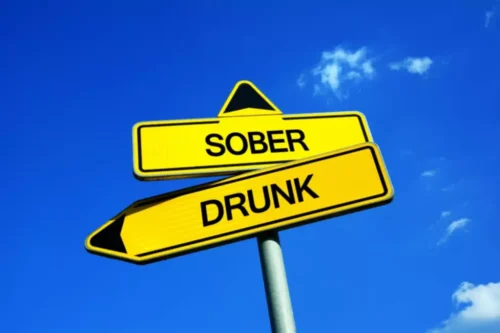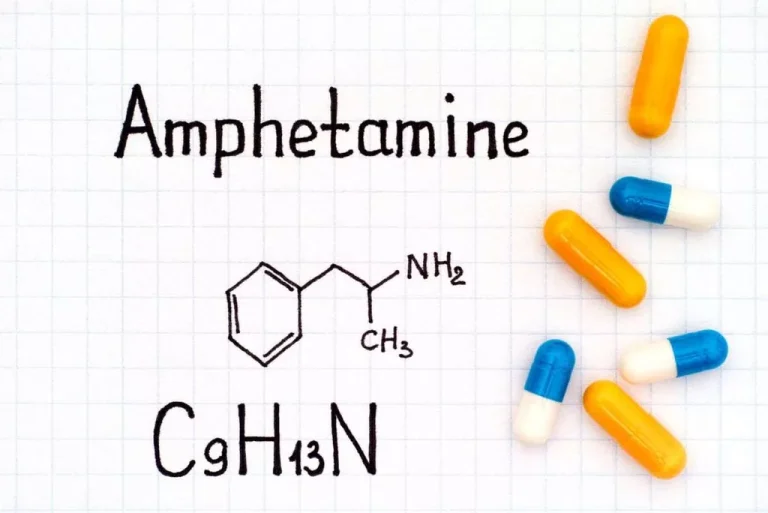
Acting in different scenarios can help patients to develop better coping strategies for difficult situations. For example, a teen is facing a negative stigma for going through addiction treatment. The therapist substance abuse group activities can enact the scene with group members and help the teen practice taking a stand for himself in a real-life situation. CBT exercises in a group setting can be invaluable in relapse prevention.
Positive Affirmations And Compassion Box

Recognizing addiction as a chronic condition akin to other enduring health issues is essential. Consequently, relapse, or a return to drug and alcohol use, can be an inherent part of the recovery process. However, it’s crucial to understand that relapse should not be viewed as a treatment failure. Group therapy can address this issue by focusing on communication skills. Topics include active listening, assertiveness, conflict resolution, and rebuilding trust.

The Benefits of Creative Expression in Addiction Recovery

Over time, the drug use and dependency affected his work performance, eroded his happiness, and strained his relationships with family members, friends, and colleagues. Group therapy such as painting and drawing classes allow you to express and process your emotions creatively, aiding self-discovery, self-awareness, emotional release, and mental healing. Much like music, artistic activities can help people relax and focus on something soothing, which aids in recovery and healing.
- Effective group leaders can help create an environment where members can challenge each other in a productive manner while practicing these life skills.
- In addition, they help new members view the group as an open, supportive environment.
- A 3-page worksheet for substance use recovery for planning leisure activities and enhancing wellness/spirituality.
- This helps members get to know one another and sets the stage for open and honest communication from the outset.
- Group discussions, journaling prompts, and interactive diagrams enable participants to recognize the nuances of their own journeys and empower them to interrupt the cycle.
- Practicing refusal skills through role-playing is a dynamic way to prepare participants for real-world situations where they might be tempted to use substances.
Mental and Behavioral Health
Participants can boost their self-esteem and create positive connections. Journaling serves as a powerful self-help mechanism, reducing the risk of relapse by providing an outlet for processing thoughts and emotions in a constructive manner. Social support is often instrumental in strengthening a commitment to sobriety and reducing the risk of relapse. Treatment centers use group interventions to help people recover from opioid addiction, alcohol use disorder (AUD), and other SUDs.

List of Group Therapy Activities for Substance Abuse
To this end, leaders of group activities in addiction treatment programs should establish clear ground rules for confidentiality and respectful communication from the start. They should also facilitate activities in a non-judgmental manner and encourage open dialogue. People recovering from substance abuse disorder often feel misunderstood by others. Group activities provide a platform for individuals to share their experiences with others who have walked similar paths. This shared understanding encourages individuals to open up about their challenges and reminds them they aren’t alone on the path to recovery. Equipping participants with robust coping mechanisms is a vital aspect of relapse prevention.
Group mindfulness practices and relaxation techniques, such as yoga or tai chi, significantly benefit people in all stages of recovery, offering a form of self-care. Recovering Champions offers 100% confidential substance abuse assessment and treatment placement tailored to your individual needs. Many recovery groups encourage gratitude by having members write gratitude lists. These lists can include anything you feel grateful for, from your sobriety to your loved ones to your favorite foods.

These activities teach individuals how to manage stress, anxiety, and negative emotions without substance use. Through mindfulness exercises, problem-solving simulations, and guided imagery, participants learn healthier ways to navigate life’s challenges while maintaining their sobriety. Substance abuse group activities focus on creating an environment where members feel safe sharing their thoughts and experiences. Substance abuse group activities can range from collaborative exercises that require teamwork to sharing personal anecdotes or engaging in empathy-building exercises. By fostering a sense of belonging and camaraderie, substance abuse group activities strengthen members’ bonds and encourage forming a cohesive, supportive community.
- As group members share their experiences, every person feels listened to, understood, strengthened, and less alone on their journey towards wellness.
- A list with links to online grief support groups, forums, and communities.
- A list of specific topics for substance use groups, such as refusal skills, the difference between a lapse and a relapse, and fun in recovery.
Practice Forms and Assessments
Introduce structured journaling sessions and allow participants to share what they’ve written if they’re comfortable sharing. Many people find solace in music, making music therapy an effective substance abuse group activity. Then, ask each participant to discuss why the song resonates with them. By sharing their stories and listening to https://ecosoberhouse.com/ others, individuals realize addiction isn’t a character flaw but a complex condition that they can overcome with support and community. This open dialogue minimizes feelings of shame and isolation, paving the way for self-acceptance and healing. Ask the members to visualize happy images such as a family trip to a lighthouse on the bay.